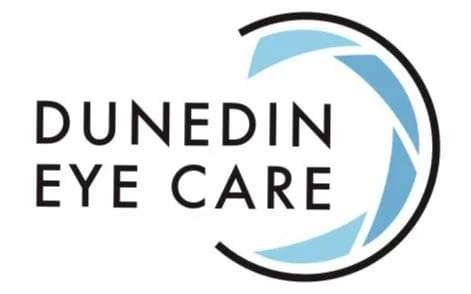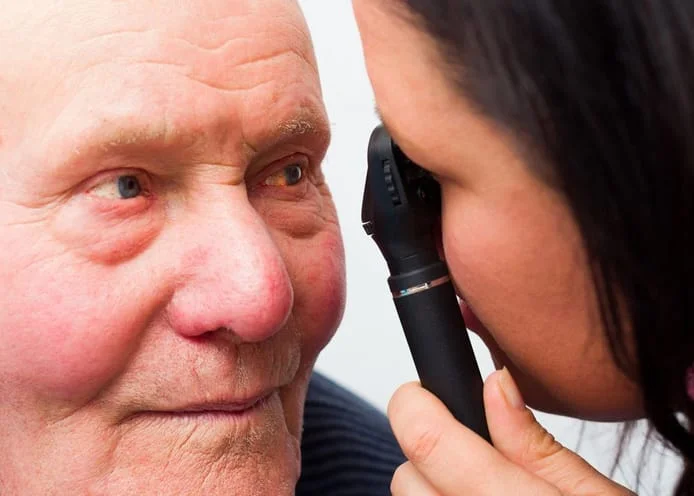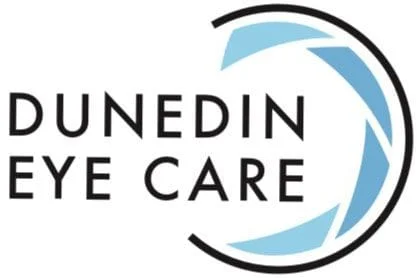Diabetic retinopathy is an eye disease that develops as a complication of diabetes. It is a serious, sight-threatening condition characterized by damage to blood vessels in the retina. It is one of the leading causes of vision loss among the adult population in the United States. At Dunedin Eye Care, we can diagnose a variety of eye health conditions, including diabetic retinopathy.
What Are the Symptoms of Diabetic Retinopathy?
In the early stages of this disorder, you may not even have any symptoms. However, as diabetic retinopathy progresses, the symptoms can include the following:
- Blurry vision
- Fluctuating vision
- Empty or dark areas and spots in your vision
- Dark strings floating in the vision
If you notice any of these symptoms, you need to schedule an appointment with an eye doctor for a vision exam immediately.
What Are the Risk Factors?
Anyone who has diabetes is at risk of developing diabetic retinopathy. The risk can also be higher as a result of:
- High blood pressure
- High cholesterol levels
- Poor control of the sugar level in the blood
- Tobacco use and smoking
- Being Hispanic, Native American, or Black
How is Diabetic Retinopathy Detected?
Detection of this eye disease depends on several factors, including general health, age, and symptoms. You have a good chance of keeping your vision even with an advanced state of retinopathy if it is detected in time. The following options are available for people with this condition:
- Vitrectomy: It is a procedure during which the jelly-like substance in the center of the eye is removed and replaced with a balanced saline solution. This procedure is helpful if the retina is not severely damaged. The same procedure is used for treating macular edema.
- Laser surgery: It is often used to seal off leaking blood vessels and can also shrink blood vessels to prevent regrowth. In some cases, more than one laser surgical procedure is needed.
- Anti-VEGF and anti-inflammatory medicine: These medicines can stop the growth of abnormal blood vessels. The most common Anti-VEGF medications used for retinopathy are Lucentis, Eylea, and Avastin. An optometrist can also prescribe steroids to help reduce macular swelling.
Contact Dunedin Eye Care in Dunedin, FL
If you are experiencing symptoms of diabetic retinopathy or any other signs of vision loss, such as blurry vision or pain, do not postpone your visit to an optometrist for a vision exam. If you live in Dunedin, FL, or any nearby area, you do not need to search for an eye clinic - Dunedin Eye Care is the ideal choice for you. We offer a variety of optometry services and are ready to take care of your eyes. Call our team today at (727) 733-0443 to learn more or to schedule an appointment.


